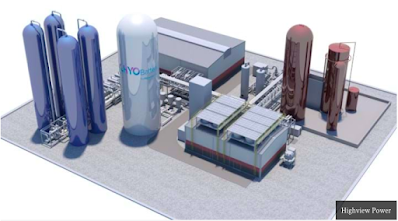 |
| Coal-fired power plant (Source: change.org) |
In late January, President Biden put out an executive order which directs federal agencies to eliminate fossil fuel subsidies, including coal, and to spur "innovation, commercialisation, and deployment of clean energy technologies and infrastructure" (CleanTechnica). Biden has signalled that part of his administration's focus will be cutting off international public finance for new fossil fuel projects (Coal Wire).
This announcement from the United States (U.S.) comes on the heels of similar commitments from the United Kingdom (UK) and the European Union (EU). For example, it is estimated that the U.S. directs fossil fuel subsidies of around $20 billion per year of which 20% goes to coal and 80% to natural gas and crude oil. The EU fossil fuel subsidies are estimated to be around 55 billion euros annually (CleanTechnica).
If the US, UK and EU join forces to end the tens of billions of dollars per year in public finance for fossil fuels internationally they can work together to make this a reality by the UN Climate Summit in Glasgow this November (Oil Change International). This is huge!
References:
- CleanTechnica: Biden orders end to fossil fuel subsidies, promotes equity for underserved communities, January 28, 2021
- Coal Wire Editorial, 354, January 29, 2021
- Oil Change International: http://priceofoil.org/2021/01/27/biden-order-international-finance/
- Biden's climate agenda: is this the beginning of the end for fossil fuels? BBC News, January 31, 2021.







